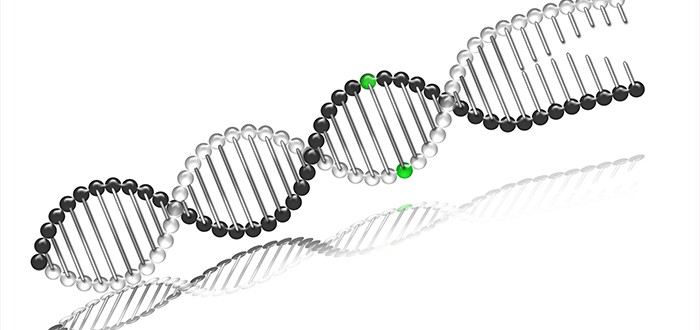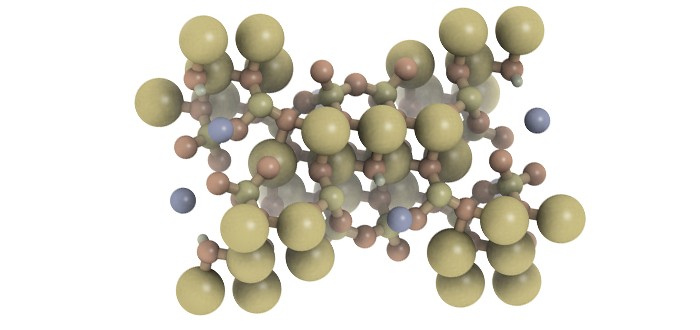Results from a Phase 1b clinical trial of a new mesothelioma immunotherapy drug have been very encouraging. So now Aduro Biotech, Inc., the maker of CRS-207, is asking to skip Phase 2 and go straight to Phase 3 testing. The company says it hopes to leapfrog Phase 2 in order to expedite CRS-207’s journey through
Monthly Archives: August 2015
Researchers at the University of Chicago have identified no fewer than five molecular markers which they contend serve as the most reliable mesothelioma diagnosis signs. Researchers believe these markers, more than others, indicate that you have early stage mesothelioma. The markers include p16, calretinin, WT-1, cytokeratin 5/6, and D2-40, also known as podoplanin. The insights
Mesothelioma patients scheduled for chemotherapy followed by an extrapleural pneumonectomy tend to survive mesothelioma longer if a certain gene is found to be highly expressed. The gene is excision repair cross-complementing group 1, more commonly called ERCC1. As the name implies, this gene is involved in the repair of damaged DNA. When you have mesothelioma,
Researchers have taken a big step toward better characterizing your mesothelioma. Doing so will help mesothelioma specialist doctors score immediate homeruns with the medicines they choose. A big problem for them — and you — is that they can’t really be sure if a treatment will be the most effective choice. It might be. Then again, it
Mesothelioma patients who have a high expression of two encoded proteins — p-mTOR and p-S6RP — tend to enjoy longer mesothelioma survival following extrapleural pneumonectomy. This appears to be true even when radiation therapy is not administered after the surgery. Researchers in Japan made this observation in the course of investigating mTOR signal pathway activation in mesothelioma
Malignant peritoneal mesothelioma can be more successfully combated if it is attacked with more aggressive forms of chemotherapy following cytoreductive surgery. Long a standard of care for peritoneal mesothelioma, cytoreductive surgery involves multiple peritonectomy procedures intended to clear the abdomen and pelvis of all visible traces of mesothelioma. The surgery is often paired with hyperthermic
Encouraging news for sarcomatoid malignant pleural mesothelioma patients comes now from Italy. Researchers have found that the mesothelioma chemotherapy drug trabectedin kept nearly 30 percent of patients alive and mesothelioma progression-free for at least 18 weeks. That may not sound like a long time, but it is if you have the sarcomatoid type of mesothelioma.
A mesothelioma chemotherapy agent known as ARQ 197 was found to keep close to half of peritoneal mesothelioma patients stable for greater than nine months after treatment, according to a research team led by scientists at the University of Chicago. ARQ 197 — also known as tivantinib — was being tested against both peritoneal and pleural mesothelioma









